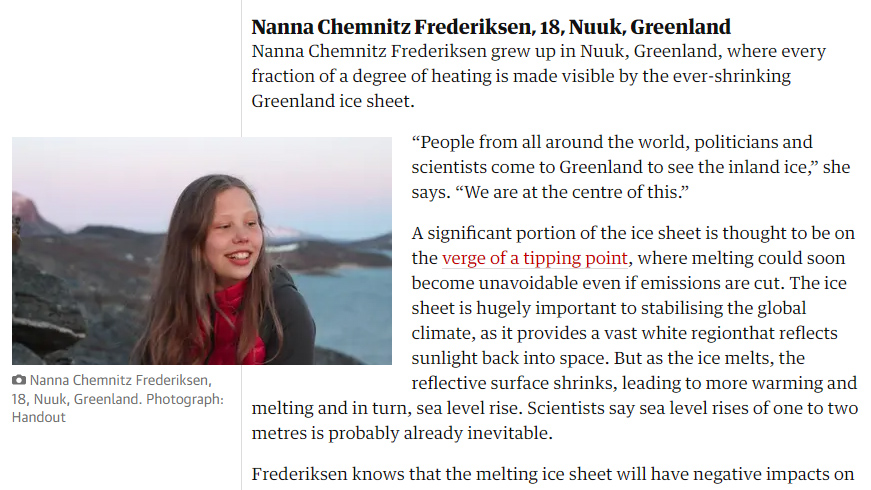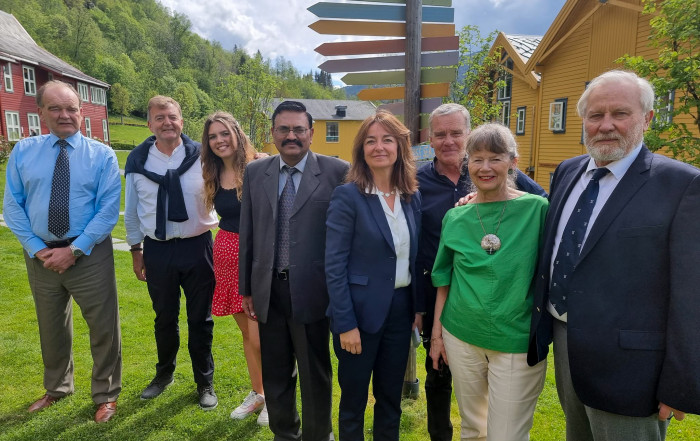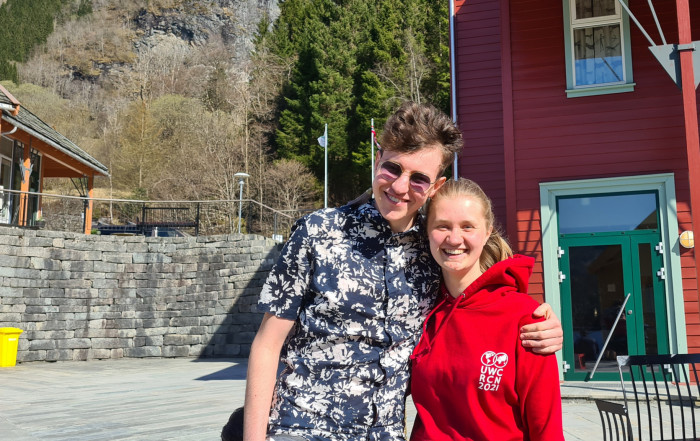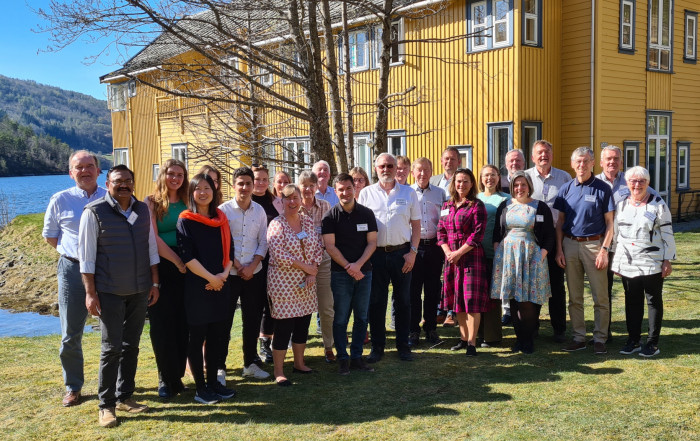“People from all around the world, politicians and scientists come to Greenland to see the inland ice,” she says. “We are at the centre of this.”
A significant portion of the ice sheet is thought to be on the verge of a tipping point, where melting could soon become unavoidable even if emissions are cut. The ice sheet is hugely important to stabilizing the global climate, as it provides a vast white region that reflects sunlight back into space. But as the ice melts, the reflective surface shrinks, leading to more warming and melting and in turn, sea level rise. Scientists say sea level rises of one to two metres is probably already inevitable.
Frederiksen knows that the melting ice sheet will have negative impacts on communities across Greenland, especially in northern settlements such as Qaanaaq where permafrost melting is destabilizing homes and roads and impacting how fishers and hunters operate.
But her real concern lies on the impact it will have globally. “I am not so scared of what the effects of the melting of ice in Greenland will be,” Frederiksen says, “It scares me what effect it can have for the rest of the world.”
Latest News
New Board of RCN
As part of the annual council meeting on Campus at the end of April every year, the members of the council elect the UWC RCN Board. Our Board Chair Geir Jorgen Bekkervold has [...]
Year Representatives of the graduating class
Meaningful alumni engagement and relations at UWCRCN have been a focal point. Alumni are an integral part of UWC’s mission as they are our peacebuilders and creators of a sustainable future globally. Our [...]
Council meeting spring 2022
UWC Red Cross Nordic is governed by a Board and a Council in accordance with the statutes of the Red Cross Nordic United World College Foundation. Over the weekend 22.04-24.04 we could finally [...]




